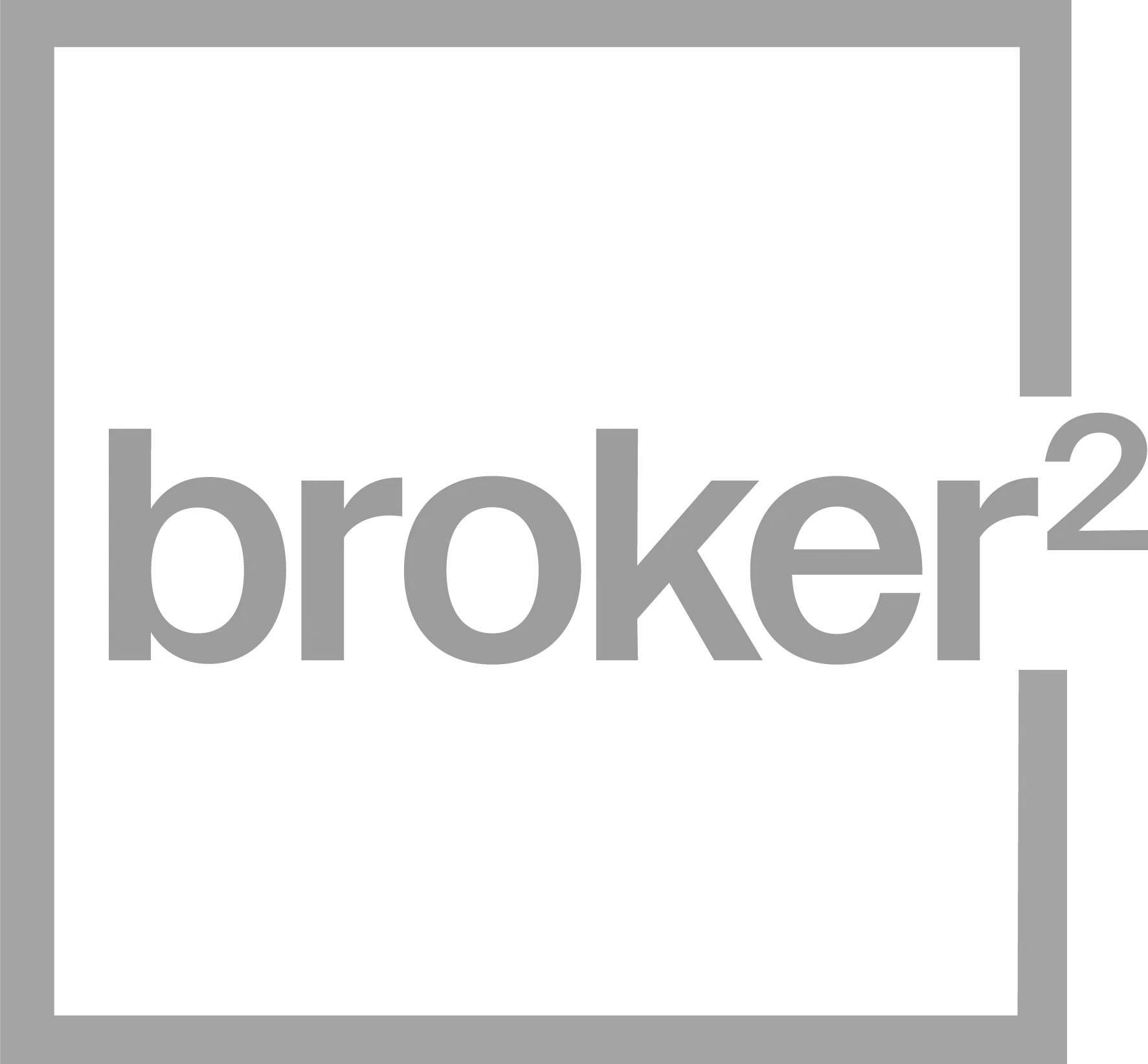Latest in Mortgage News, COVID-19, and Economic Recovery.
Tara Gentles • June 24, 2020

Although the volume of news over the last month has been pretty tame in comparison to when COVID-19 initially hit, there has still been a lot going on. If you find yourself wondering about the current state of affairs as it relates to real estate, mortgage financing, and the recovery of our economy mid and post-pandemic, you've come to the right place!
Here is a quick recap, a look forward, and links to many good sources of information!
Questionable economic outlook.
Back in the third week of May, the head of the Canadian Mortgage and Housing Corporation (CMHC) made some pretty gloomy predictions.
These Included a potential decrease in house prices of 18%, a jump in mortgage deferrals by 20% from 12% by September, and a debt-to-GDP ratio jump from 99% to 130% by Q3.
However, this particular economic outlook wasn't widely accepted in the mortgage industry and was seen more as an absolute worst-case scenario. Despite this, CMHC went ahead and made changes to their underwriting guidelines
and qualifying criteria for insured mortgages.
CMHC changes policy for insured mortgages.
On June 4th, 2020, CMHC announced that they would be making changes to their underwriting qualification effective July 1st 2020.
Essentially, they have lowered the buying power of anyone looking for an insured mortgage by up to 10% by limiting the Gross/Total Debt Servicing (GDS/TDS) ratios to 35% and 42% respectively. They changed the credit score requirements to a minimum of 680 for at least one borrower. While they also removed non-traditional sources of down payment that increase indebtedness, (borrowed downpayment). A gifted downpayment from a family member is still acceptable.
Genworth and Canada Guaranty don't plan on changing guidelines.
In response to CMHC's changes, the other two mortgage insurers in Canada made announcements that they would not be changing their guidelines.
"Genworth Canada believes that its risk management framework, its dynamic underwriting policies and processes and its ongoing monitoring of conditions and market developments allow it to prudently adjudicate and manage its mortgage insurance exposure, including its exposure to this segment of borrowers with lower credit scores or higher debt service ratios," said Stuart Levings, President and CEO.
"Canada Guaranty confirms that no changes to underwriting policy are contemplated as a result of recent industry announcements... Given implementation of the qualifying stress test and historic default patterns, Canada Guaranty does not anticipate borrower debt service ratios at time of origination to be a significant predictor of mortgage defaults."
So although CMHC is taking a very pessimistic view towards our economic recovery and has made it harder to qualify for an insured mortgage going forward, Genworth and Canada Guaranty will be there to make sure more Canadians have access to insured mortgage products.
Economic Outlook from the Bank of Canada.
On June 22nd, Tiff Macklem, the new governor of the Bank of Canada, released his first public press release called Monetary Policy in the Context of COVID-19.
"Currently, we expect growth to resume in the third quarter. The economy will get an immediate boost as containment measures are lifted, people are called back to work, and households resume some of their normal activities. But it will be important not to assume that these growth rates will continue beyond the reopening phase. The pandemic is likely to inflict some lasting damage to demand and supply. The recovery will likely be prolonged and bumpy, with the potential for setbacks along the way."
Conference Board of Canada.
In a sizeable release, the Conference Board of Canada shared their Canadian Outlook Summary: Summer 2020.
"With the worst of the recession likely over, the outlook for 2021 is brighter. The economy is forecast to rebound by 6.7 per cent in 2021 and 4.8 per cent in 2022. As the threat of the pandemic eases, how well the reopening of the economy and the withdrawal of government support is managed will be a crucial determinant of the economy's trajectory over the next several years."
Business as usual.
By all accounts, it's business as usual amid this global pandemic. Although COVID-19 has impacted the number of houses being bought and sold, prices haven't dropped. CMHC has made it harder to qualify for an insured mortgage through them, but you have two other insurers providing options, so it's not a big deal.
If you're looking to make a move or need to discuss mortgage financing, please don't hesitate to contact me anytime. I would love to work with you!
Tara Gentles
CANADIAN MORTGAGE EXPERT

RECENT POSTS

Mortgage Registration 101: What You Need to Know About Standard vs. Collateral Charges When you’re setting up a mortgage, it’s easy to focus on the rate and monthly payment—but what about how your mortgage is registered? Most borrowers don’t realize this, but there are two common ways your lender can register your mortgage: as a standard charge or a collateral charge . And that choice can affect your flexibility, future borrowing power, and even your ability to switch lenders. Let’s break down what each option means—without the legal jargon. What Is a Standard Charge Mortgage? Think of this as the “traditional” mortgage. With a standard charge, your lender registers exactly what you’ve borrowed on the property title. Nothing more. Nothing hidden. Just the principal amount of your mortgage. Here’s why that matters: When your mortgage term is up, you can usually switch to another lender easily —often without legal fees, as long as your terms stay the same. If you want to borrow more money down the line (for example, for renovations or debt consolidation), you’ll need to requalify and break your current mortgage , which can come with penalties and legal costs. It’s straightforward, transparent, and offers more freedom to shop around at renewal time. What Is a Collateral Charge Mortgage? This is a more flexible—but also more complex—type of mortgage registration. Instead of registering just the amount you borrow, a collateral charge mortgage registers for a higher amount , often up to 100%–125% of your home’s value . Why? To allow you to borrow additional funds in the future without redoing your mortgage. Here’s the upside: If your home’s value goes up or you need access to funds, a collateral charge mortgage may let you re-borrow more easily (if you qualify). It can bundle other credit products—like a line of credit or personal loan—into one master agreement. But there are trade-offs: You can’t switch lenders at renewal without hiring a lawyer and paying legal fees to discharge the mortgage. It may limit your ability to get a second mortgage with another lender because the original lender is registered for a higher amount than you actually owe. Which One Should You Choose? The answer depends on what matters more to you: flexibility in future borrowing , or freedom to shop around for better rates at renewal. Why Talk to a Mortgage Broker? This kind of decision shouldn’t be made by default—or by what a single lender offers. An independent mortgage professional can help you: Understand how your mortgage is registered (most people never ask!) Compare lenders that offer both options Make sure your mortgage aligns with your future goals—not just today’s needs We look at your full financial picture and explain the fine print so you can move forward with confidence—not surprises. Have questions? Let’s talk. Whether you’re renewing, refinancing, or buying for the first time, I’m here to help you make smart, informed choices about your mortgage. No pressure—just answers.

Ready to Buy Your First Home? Here’s How to Know for Sure Buying your first home is exciting—but it’s also a major financial decision. So how can you tell if you’re truly ready to take that leap into homeownership? Whether you’re confident or still unsure, these four signs are solid indicators that you’re on the right path: 1. You’ve Got Your Down Payment and Closing Costs in Place To purchase a home in Canada, you’ll need at least 5% of the purchase price as a down payment. In addition, plan for around 1.5% to 2% of the home’s value to cover closing costs like legal fees, insurance, and adjustments. If you’ve managed to save this on your own, that’s a great sign of financial discipline. If you're receiving help from a family member through a gifted down payment , that works too—as long as the paperwork is in order. Either way, having these funds ready shows you’re prepared for the upfront costs of homeownership. 2. Your Credit Profile Tells a Good Story Lenders want to know how you manage debt. Before they approve you for a mortgage, they’ll review your credit history. What they typically like to see: At least two active credit accounts (trade lines) , like a credit card or loan Each with a minimum limit of $2,000 Open and active for at least 2 years Even if your credit isn’t perfect, don’t panic. There may still be options, such as using a co-signer or working on a credit improvement plan with a mortgage expert. 3. Your Income Can Support Homeownership—Comfortably A steady income is essential, but not all income is treated equally. If you’re full-time and past probation , you’re in a strong position. If you’re self-employed, on contract, or rely on variable income like tips or commissions, you’ll generally need a two-year history to qualify. A general rule: housing costs (mortgage, taxes, utilities) should stay under 35% of your gross monthly income . That leaves plenty of room for other living expenses, savings, and—yes—some fun too. 4. You’ve Talked to a Mortgage Professional Let’s be real—there’s a lot of info out there about buying a home. Google searches and TikToks can only take you so far. If you're serious about buying, speaking with a mortgage professional is the most effective next step. Why? Because you'll: Get pre-approved (and know what price range you're working with) Understand your loan options and the qualification process Build a game plan that suits your timeline and financial goals The Bottom Line: Being “ready” to buy a home isn’t just about how much you want it—it’s about being financially prepared, credit-ready, and backed by expert advice. If you’re thinking about homeownership, let’s chat. I’d love to help you understand your options, crunch the numbers, and build a plan that gets you confidently across the finish line—keys in hand.

